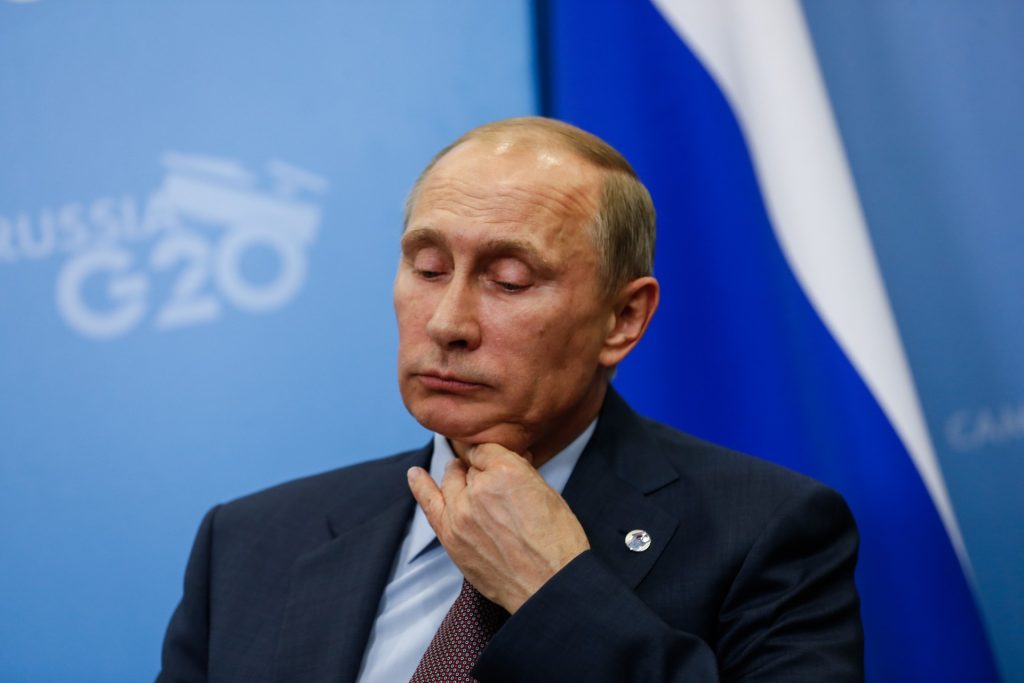A new report claims Russian state resources were used to transfer Ukrainian children.
Others are reading now
The impact of war goes beyond soldiers and battle lines. It tears apart families, uproots lives, and often affects those least equipped to defend themselves — children.
In the ongoing conflict between Russia and Ukraine, reports of forced child deportations have drawn sharp international criticism, raising troubling questions about human rights and justice.
A recent study by Yale School of Public Health, supported by the U.S. State Department, sheds light on a chilling operation, according to Digi24.
The report claims Russian state resources, including aircraft controlled by Vladimir Putin’s office, were used to transfer Ukrainian children from occupied territories into Russia.
Also read
This effort, it states, was part of a systematic program to erase their Ukrainian identity.
Evidence Points to Kremlin Involvement
The investigation identified 314 children forcibly relocated in the early months of the war. These children were allegedly placed into Russian families or foster care systems.
The researchers uncovered a well-coordinated logistical network. Military aircraft were reportedly used to transport children from regions such as Donetsk and Luhansk to Russian soil.
The flights, documented between May and October 2022, were operated under the direct oversight of Putin’s administration, according to the report.
Official Denials
Once in Russia, the children were said to undergo “patriotic re-education,” exposing them to pro-Russian propaganda and military themes.
The report argues that this was not an isolated effort but part of a larger agenda aimed at erasing their Ukrainian heritage.
Nathaniel Raymond, one of the researchers, stated that this program provides grounds for additional charges of crimes against humanity under international law.
Russian authorities have dismissed the accusations, describing the transfers as humanitarian missions to protect children from war zones.
Maria Lvova-Belova, Russia’s Commissioner for Children’s Rights, has publicly denied coercion and insisted that relocations were done with parental consent when possible.
However, the findings have drawn global condemnation, with critics pointing to the scale and organization of the operations as evidence of a deeper strategy.


